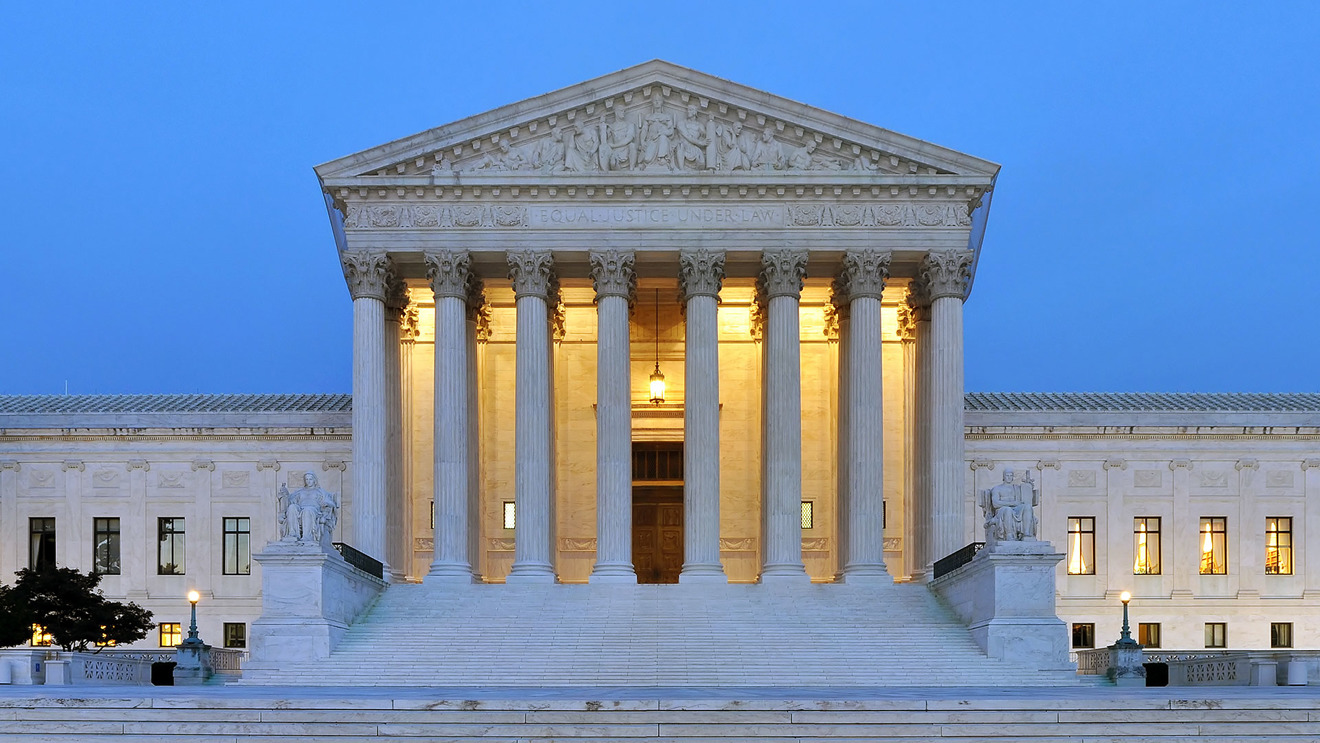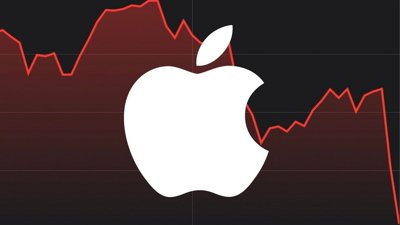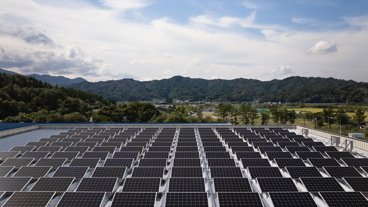In hearing oral arguments from Apple and Samsung, justices for the U.S. Supreme Court hinted at some willingness to consider Samsung's position as it fights for reduced damages in a case over infringed iPhone design patents.
Out of the court's eight justices, several expressed skepticism that they could create a test for lower courts and juries that could be used to calculate damages based on design patents, according to Reuters.
"If I were a juror, I wouldn't know what to do," said Justice Anthony Kennedy.
Another justice, Elena Kagan, used the analogy of a Volkswagen Beetle, commenting that it might be difficult for a jury to decide what to award in a case based on the car's unique shape, even if it might be main reason some shoppers were buying it.
That view is similar to one expressed by Samsung, which is challenging $399 million out of the $548.2 million it has already paid out to Apple in the lawsuit — the first figure being for violating three patents on the bezel, front face, and homescreen of the iPhone. That sum was based on all of the profits from infringing phones, but Samsung is contending that should've only paid a smaller amount, likening the situation to forfeiting all of the profits from a car because the cupholder is infringing.
Apple has claimed that the infringed patents were closer to the design of an entire car, and that in lower courts Samsung failed to show that the patents were relevant to just parts of its devices.
The Supreme Court should issue a final ruling by the end of June. The outcome could have serious ramifications for Apple and Samsung, for instance affecting Apple's attempts to collect another $180 million, and theoretically a federal appeals court ruling which reinstated $119.6 million in damages against Samsung for violating a "slide-to-unlock" patent.
 Roger Fingas
Roger Fingas


 Malcolm Owen
Malcolm Owen
 Marko Zivkovic
Marko Zivkovic

 Chip Loder
Chip Loder
 Christine McKee
Christine McKee
 William Gallagher
William Gallagher
 Amber Neely
Amber Neely



-m.jpg)






19 Comments
So if they can't decide on the value of design in driving phone sales, then reduce the amount to 150 million or whatever Samsung is arguing BUT increase the amount for willful infringement to 10X the amount of the award. 1.5 billion sounds more right. Samsung thought they could rip off the design BECAUSE this was a gray area and that there would be a 'fine' that they afford AND still make a lot of money. Total disregard for the intent of patents and US law. Now we see how they regard consumer safety with their phone that catches fire and intentional delays in a recall. They should be taught a lesson. A big lesson.
This stuff is such a waste of everybody's time and money. Or maybe the court system is just too darn slow!
There have been some good comments from the judges. When one talks about assigning too much value to a single design patent vs hundreds of other patents another judge replied "
Bingo. Just because a device is complex and made up of many parts doesn't mean that's the reason consumers buy it. First impressions, looks and design are important as well.
I'm not sure what was intended to be implied by the reference in the title to the "first day" of the case. But just to be clear, as is typical with Supreme Court cases, there was only one hour of oral argument scheduled in this case. On rare occasions the Court decides that it wants to consider a legal issue that wasn't sufficiently addressed in the initial briefing and oral argument, so it asks for additional briefing and schedules an additional oral argument. But absent such a development (which as I suggested is rare), there won't be another day for this case. The Justices will meet in private to discuss and vote on it and over time they'll write one or more opinions for it, eventually releasing their decision. That could take a couple of months or it could, as the article suggests, take until June of 2017 (though I'd expect this decision to be released well before then).
Flexibility = it's ok to steal?